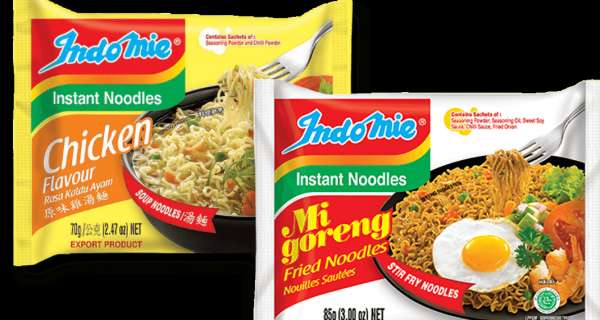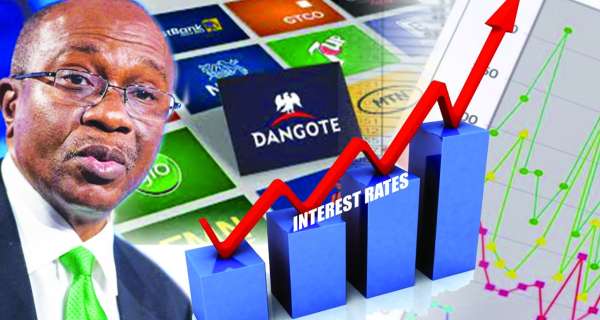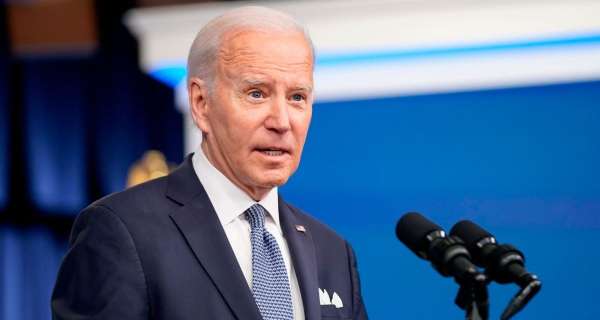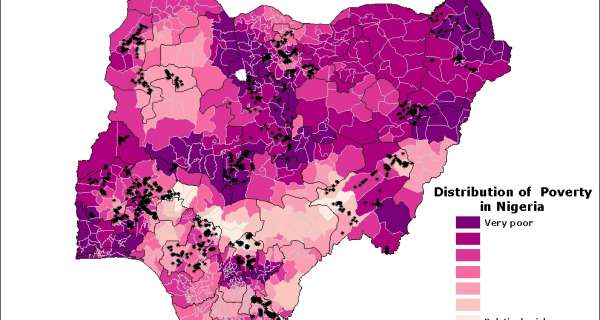Rising interest rates, devaluation, and inflation have continued to push businesses away from conventional loans, with six firms raising N364.1 billion from the debt capital market in the last five years.
This comes as blue chips explore alternative funding to survive unaffordable borrowing cost, which has risen to the region of 30 per cent.
Whereas the Central Bank of Nigeria (CBN) pegs the maximum lending rate at 28.08 per cent as of the end of March, small and medium-scale enterprises (SMEs) pay as much as 33 per cent as interest on commercial loans.
For microfinance banks (MFBs), which price their loans at monthly interest, the cost is much higher. The going monthly interest rate at the micro lenders level ranges from two to five per cent.
The Monetary Policy Rate (MPR), the benchmark for determining commercial interest, is 18 per cent. Some experts say the high MPR is a major cause of the country’s rooftop commercial loan prices.
While small businesses do not have many options outside the expensive commercial credits, the big companies are increasingly migrating to the capital market.
In the past five years, ABC Transport Plc, Ardova, Dangote Cement Plc, Dangote Group, Family Homes Funds Limited (FHFL) and Lagos Free Zone Company (LFZC) have raked in a whopping N364.1 billion from the capital market.
Data from the Nigerian Exchange Limited (NGX) revealed that the firms raised bonds valued at N364.1 billion over the last five years (from 2018 to 2022). In the same period, the Federal Government raised N2.5 trillion ($5.25 million) bonds in the debt market.
FMDQ Securities Exchange data also disclosed that 65 corporate organisations have raised commercial papers (CPs), while 42 others issued bonds on its platform.
The Guardian learnt that corporate entities have also adopted the convertible debt method of borrowing, an early-stage investors’ means of loan acquisition, where a company borrows money from investors and both parties agree that the borrowed funds will either be repaid with cash or equity.
Convertible debt notes were introduced to enable startups without a valuation to raise capital quickly and in a less expensive manner as a feasible alternative to obtaining bank loans.
But corporates, seeking to survive the current harsh operating condition and borrow more cost-effectively, have adopted this method of borrowing specially designed loans for startups to keep afloat until the nation’s macroeconomic conditions improve.
Further investigations revealed that corporates also access inter-company loans presently to survive. This is a form of loan from one entity to another, within the same company.
Inter-company lending offers multiple advantages, such as quickly shifting cash between entities or avoiding bank fees and spreads.
A breakdown of the bond issuances from the six firms indicated that ABC Transport Plc floated N1.13 billion rights issue for existing shareholders and subsequently listed 1,127,236,000 ordinary shares of 50 kobo each at N0.35 per share, based on 68 new ordinary shares for every 100 ordinary shares held as at the close of business on November 30, 2021.
Ardova Plc completed the issuance of N25.3 billion series 1 fixed rate senior unsecured bond, issued under its N60 billion debt issuance programme.
The issuance, which was described as the largest local currency bond issuance by an indigenous oil and gas company in the history of the Nigerian debt capital markets, attracted participation from institutional investors, including pension funds and asset managers.



































0 Bemerkungen